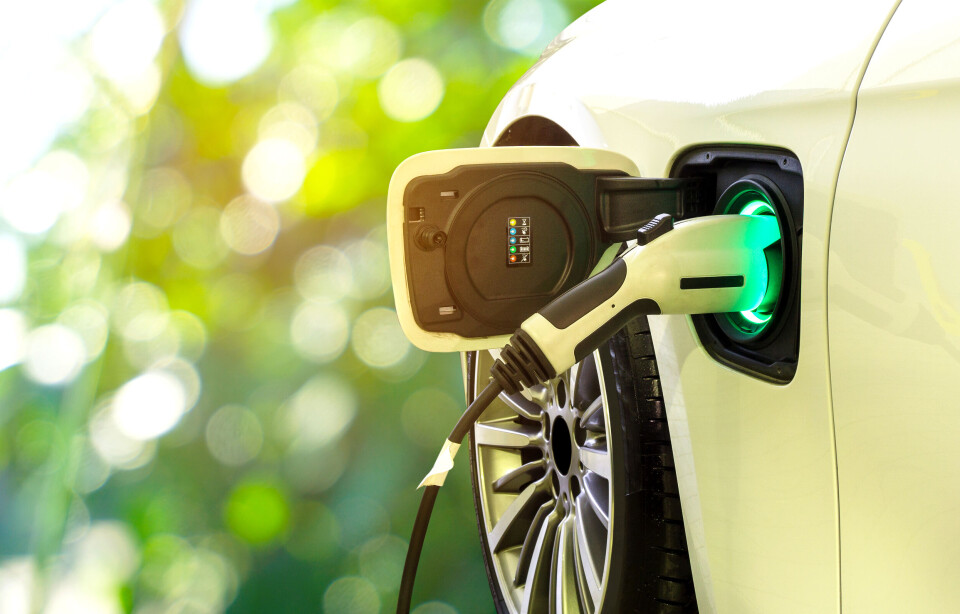-
How many Americans live in Paris - and where else are they choosing in France?
Over a quarter of all US nationals in France live in the capital city
-
Price rises for Netflix in France
The Standard (with ads) and Premium packages are increasing by €24 a year
-
Leclerc supermarkets to sell car fuel at cost price for Easter
The initiative will apply to diesel, petrol, and LPG
EU votes to ban new petrol and diesel cars in Europe from 2035
Proponents call the decision ‘historic and revolutionary’, but some have said it is hypocritical, and the bloc still needs to negotiate the finer points

New petrol and diesel cars should be banned in Europe from 2035, the European Parliament has voted this week, in a decision that supporters have hailed as “historic”.
The vote in favour of the move took place on Wednesday, June 8. It came after the same MEPs had voted against reform on emission quotas a few hours earlier.
The decision means that the European Parliament is now aligned with a proposal from the European Commission.
It states that from 2035, only electric or hydrogen batteries will be permitted for new vehicle sales. In preparation, manufacturers must reduce the CO2 emissions of new cars by 55%, from 2030 (50% for commercial vehicles).
Supporters of the measure have lauded the decision as “historic” and “revolutionary”. A statement after the vote read: “ With cars running for an average of 15 years, we need to stop producing thermal vehicles in 2035 to be neutral in 2050.”
The automobile industry represents one-fifth of greenhouse gas emissions in the European Union alone.
However, not everyone was in full support of the move.
The European People's Party (EPP, or Parti populaire européen) wanted to limit the move to 90% of vehicles by 2035, without setting a date for the total elimination of combustion cars.
They cited immediate pressure from issues such as energy costs, the economic consequences of the war in Ukraine, and the need to give manufacturers more time to adapt.
Agnès Evren, an EPP MEP, said that the new ruling was hypocritical in places. She claimed: "On combustion engines, the European Parliament will not allow a 10% margin for Clio manufacturers, but Ferraris will be exempt, and will be able to continue using petrol.”
As part of the decision, the parliament has also provided for extra funding to help manufacturers who will be most affected by the transition.
This may help some vehicles to be ‘retrofitted’, said Pascal Canfin, Chair of the Parliament's Environment Committee, who is particularly in favour of this procedure. Retrofitting is when an existing petrol or diesel vehicle is turned into a hybrid.
This could be especially helpful for people “who do not go to the new market” when buying cars, he said.
The decision is only one stage in making the proposal law, however. The member states will now need to adopt their own decision in negotiations, which will likely happen at the end of the month.
It is during these discussions that the finer points of the proposal will be ironed out, including finding a definite agreement between the member states, the Commission, and Parliament.
Similarly, the decision is likely to be received with opposition by automobile industry lobby groups.
Related articles
Macron promises up to €12,000 to buy eco cars
France to offer €30,000 loans to help buy hybrid or electric vehicles
Guide: what aid can I get to buy an electric car in France?
























